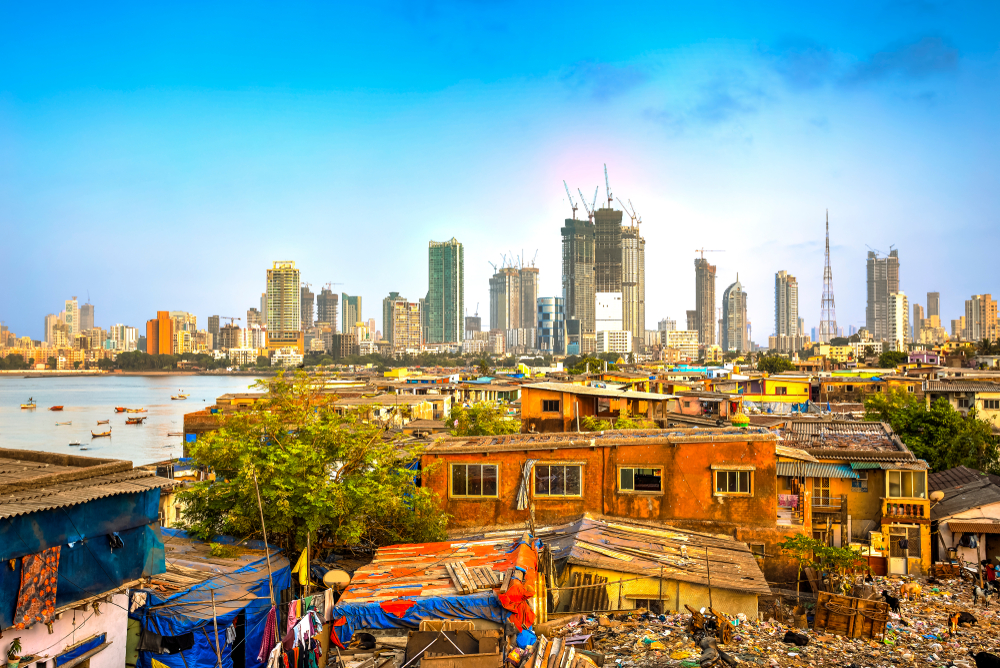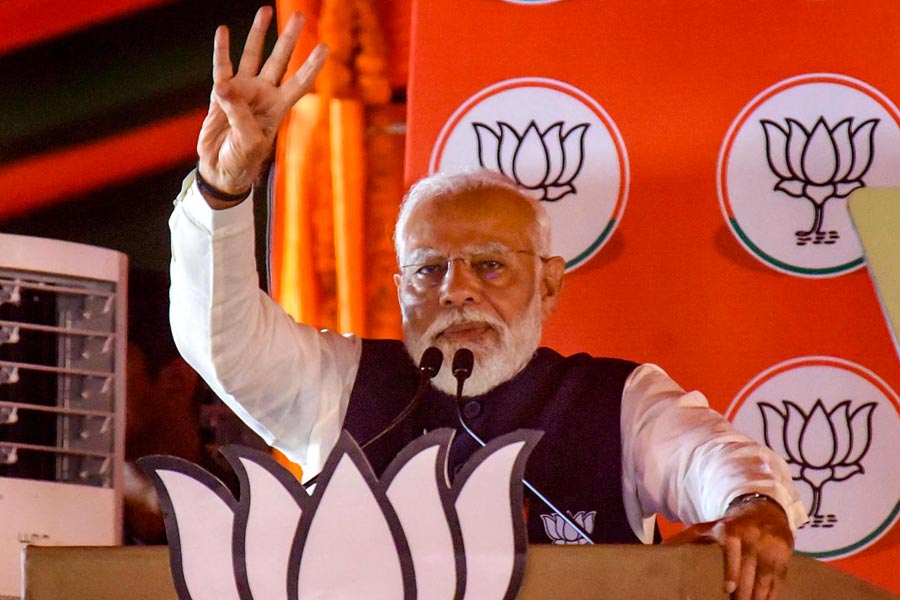Market economies have an innate tendency to make prices, output and employment fluctuate. Sometimes, the swings are minor and short-lived; at other times, they can take the form of a crisis affecting a large part of the world. There are periods of high inflation, high unemployment, high unutilized capacities in industries, bringing distress and despair. Typically, these disturbances originate from one major market in the economy. Then they quickly travel through the entire economy. Finally, in today’s interconnected world, the disturbances are transmitted to other parts of the world. Economists have argued about the ways in which to get the problems corrected. Some, quite influentially, have argued that the government must intervene and increase spending when the economy slows down, and increase taxes when the economy heats up and inflationary pressures begin to build. If the government decides to buy more goods and services directly, then demand increases and production goes up along with employment. This was the crux of the famous prescription of John Maynard Keynes in the 1930s when the world was still reeling from the effects of the Great Depression. This would obviously require a watchful government and, if necessary, a big one. This remained for a long time (at least till the early 1970s before the first oil price shock) the accepted wisdom of economic policymaking. Even Richard Nixon, a Republican, had asserted that “We are all Keynesians now”.
However, if one was a conservative capitalist with a deep distrust for the government, then the preferred prescription would be for the central bank to step in and reduce interest rates in the event of a major slowdown. The argument was simple. A lower interest rate would make commercial banks pass on the ‘benefit’ to borrowers. Borrowers, particularly investors, finding the cost of borrowing to be lower than before, would borrow more and invest. Projects that were uneconomical at the higher rate of interest would now become profitable and, hence, private spending would lead to greater demand and employment. Although this would be a roundabout way of increasing demand and spending in a recession, the government need not intervene and be compelled to have a bigger expenditure budget. For these economists, big government was something undesirable.
There were others, ultra-conservatives, who believed that the market worked perfectly only if information about the market was completely and contemporaneously available to all who participated in the market, especially information on the government’s tax and spending policies and the central bank’s policies regulating money supply. Any intervention would make matters more complicated as it would mess up the information content economic agents had. Hence, it would be best to do nothing at all. Let the markets sort their own problems out. If there was unemployment and low output in the economy compared to its installed capacity, then prices would fall and make resources, including labour, cheaper. Cost of production would go down and output and employment would start increasing till it hit the capacity level.
This, in short, was (and still remains) the menu of choices available to a government. The pick would depend on the ideology of the government, and how sensitive it is to economic problems adversely affecting its chances of re-election. Whenever the problems, especially the ones associated with rising unemployment, got politically sharp, governments, even conservative ones, have fallen for interventionist remedies. It is like the choice one often makes with a little bout of cold and fever. One allows the body to self-heal and the immune system to do its duty. One stays away from strong medication. If the fever refuses to go away, one inevitably takes the help of what modern medicine has to offer, even antibiotic interventions with possible harmful side effects.
With a short and clear menu, a government could chose according to its ideological taste. This is the textbook world of neat graphs and mathematically-proven results. However, in the real world, the major problem for governments is to know what the degree of the intervention ought to be in quantitative terms, and when exactly to start the policy medication. Similarly, if a government did not want to intervene at all but the problem persisted, leading to other social and political impacts, would it be advisable to keep waiting or to start some treatment of the economic ailment? It is like knowing what the medication is, but not being able to estimate the dosage required. Too high or too low a dose might not resolve the problem; rather it would bring on new complications. If, for instance, the increase in government spending became too large, the fiscal deficit would swell. This additional debt burden, if it kept on creeping up, could lead to a situation where the government would have trouble repaying its obligations without printing money or raising taxes, both of which have their own problems if stretched to extremes. Similarly, one may not know for sure the degree of lowering interest rates to induce investors to borrow more and create additional capacity. Indeed, as it has happened recently, many central banks have dropped their policy rates to even negative levels to induce additional demand in the economy. It did not work. However, lowering interest rates imply increasing the money supply in the economy. This, if carried to extremes, would fuel a large inflationary pressure in the economy which, in turn, would have its own undesirable complications.
While the choice of policies has not been augmented in the subject of economics, the complexity of the world has increased and none of the established conventional wisdom about policies seems to hold and work effectively. The experience in the major economies of the world since the recession and financial crisis in the global economy during 2008-09 clearly indicates that conventional wisdom is inadequate, whether one is a Keynesian or some other variety of conservative believer in the efficacy of free markets and private property capitalism. Problems with the market economy keep growing, becoming more frequent, pervasive, and deep. Policies do not seem to work. Rapid growth and full employment appear to be things of the past. The new normal is one that is socially and politically volatile and troubling.
Why has this been so? Market capitalism has made economic outcomes more and more unequal in terms of the distribution of incomes and productive assets. Hence, the problems have become more complex. A large number of relatively poor people with very unstable incomes and jobs are vulnerable to the slightest of shocks and perturbations. On the other side, the handful of rich and super-rich people can have their goods and services available without much impact on the rest of the economy. In developing countries, most of their needs are imported from the rest of the world. Thus, the very small global economy of the rich and super-rich thrives. The small and shrinking middle class aspires to be in that jet set. The remaining vast majority of people depend on luck for daily survival. New jobs, especially for the poor and unskilled, are rapidly becoming a thing of the past. New technologies pose potential threats to labour markets that are, to say the least, extremely scary.
In this global context, the Indian economy has changed track and is now on a downslide. The government is clueless: this has been pointed out by many a commentator. But does the finance minister really have any choices that are bound to be effective? The deep-rooted crisis of capitalism and the monstrous inequality that it has bred have eaten into the vitals of the economy. Perhaps the only thing left to be done by the ruling party with its magical sense of religiosity, as Alan Greenspan told a bunch of bankers, is to pray.
The author is former professor of Economics, IIM Calcutta












